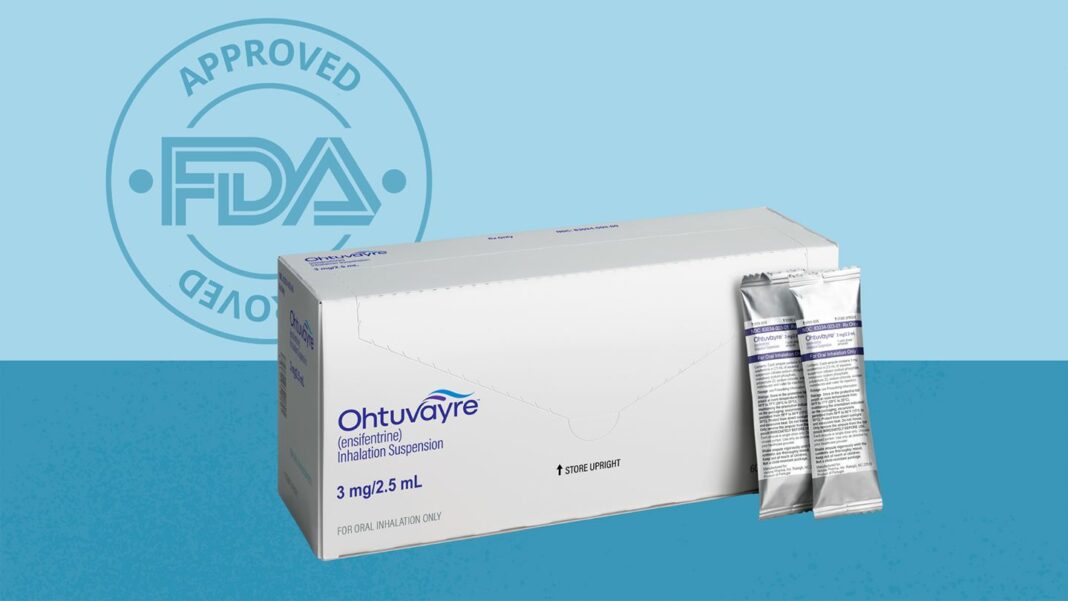Types of Weight Loss Medications
Weight loss medications are designed to help individuals who are struggling to lose weight through diet and exercise alone. There are several types of weight loss medications available, each targeted at different aspects of weight management. Below are some common types of weight loss medications:
Appetite Suppressants
Appetite suppressants work by decreasing the feelings of hunger and helping individuals eat less. These medications help to control cravings and reduce the amount of food consumed, leading to weight loss.
Metabolism Boosters
Metabolism boosters help to increase the rate at which the body burns calories, leading to weight loss. These medications can help individuals who have a slower metabolism speed up the process of burning calories and losing weight.
Fat Absorption Inhibitors
Fat absorption inhibitors prevent the body from absorbing fat from food, leading to a decrease in calorie intake. These medications can help individuals who have trouble limiting their fat consumption to lose weight more effectively.
Meal Replacements
Meal replacements are shakes or bars that provide a balanced combination of nutrients while controlling calorie intake. These products can be used as a meal substitute to help individuals lose weight by reducing overall calorie consumption.
Drug Classes for Weight Loss Medications
Weight loss medications belong to different drug classes, each with its own mechanism of action and potential side effects. Some common drug classes for weight loss medications include:
Phentermine (Adipex-P, Lomaira)
Phentermine is a stimulant that suppresses appetite and boosts energy levels. It is often used as a short-term weight loss medication for individuals who are obese.
Orlistat (Xenical)
Orlistat is a fat absorption inhibitor that blocks the absorption of fat from food, leading to decreased calorie intake. It is typically used in combination with a low-calorie diet for weight loss.
Liraglutide (Saxenda)
Liraglutide is an injectable medication that works by slowing down the emptying of the stomach, leading to increased feelings of fullness and reduced appetite. It is used for long-term weight management in individuals with obesity.
Bupropion-naltrexone (Contrave)
Bupropion-naltrexone is a combination medication that works on the brain’s appetite control center and opioid receptors to reduce food cravings and increase metabolism. It is used for long-term weight management in individuals with obesity.
Conclusion
Weight loss medications can be a helpful tool for individuals who are struggling to lose weight through diet and exercise alone. By targeting different aspects of weight management, these medications can help individuals achieve their weight loss goals more effectively. However, it is important to consult with a healthcare provider before starting any weight loss medication to ensure safety and effectiveness.
FAQs
Are weight loss medications safe to use?
Weight loss medications can be safe when used under the guidance of a healthcare provider. It is important to follow the prescribed dosage and instructions to minimize the risk of side effects.
Do weight loss medications work for everyone?
Weight loss medications may not be effective for everyone, as individual responses can vary. It is important to combine medication with a healthy diet and exercise for the best results.
Can weight loss medications be used long-term?
Some weight loss medications are approved for long-term use, while others are intended for short-term use. It is important to consult with a healthcare provider to determine the appropriate duration of medication use.




